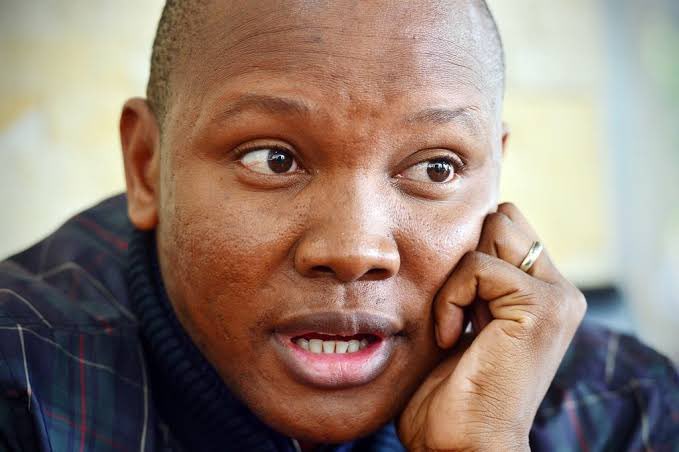
In what could be a win for intellectual property in Africa, a South African court has ordered Vodacom, Africa’s second largest mobile operator, to make a huge payout to South African inventor, Nkosana Makate.
Makate is credited with having invented the ‘Please Call me’ functionality, a popular function in the mobile telecom industry allowing users to use USSD even when they don’t have credit to call.
Vodacom had offered to pay Makate about $3 million but the inventor is demanding over $1.2 billion in compensation, arguing that the figure constituted 5% of revenue from the group’s $13.2 billion in revenue from the service over an 18-year period. The court ruled for Vodacom to make a better offer.
Across Africa, please call me services are a popular function in the mobile telecom industry, especially as telecos push to lower beep calls whereby a user calls a contact but hangs up before the billing counter sets in. Beep calls generate no revenue but add up to costs and may congest networks at a given time.
There has been a protracted legal wrangle between Vodacom and Nkosana Makate. Makate left Vodacom in 2004 and has been in a legal battle with the company for nearly 20 years. Court filings show that “on the first day of operation about 140,000 customers made use of the service” in 2001.

As per the court’s ruling, Makate, “is entitled to be paid 5% of the total voice revenue generated from the PCM product” from March 2001 to March 2021 based on an intellectual property agreement signed between the two parties.
The South African ruling has been described on social media as a “big win for inventors” and has ignited debate around intellectual property in the African mobile telecom industry. The ruling could also be precedent-setting and a big lesson for African innovators to patent their intellectual property when they pitch solutions and innovations to telecom companies across the region.






